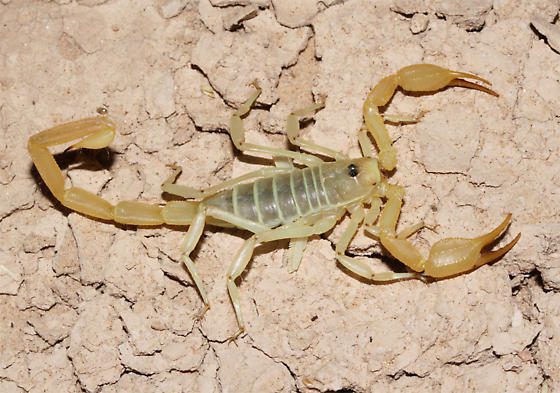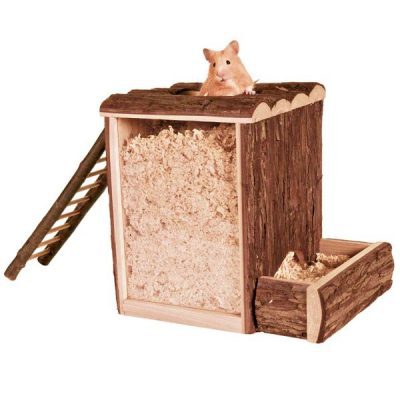Dune Scorpion Care Sheet
Housing
Most species of scorpion are best kept in glass aquariums with a good escape proof lid (lockable if possible). The enclosure should be at least 2.5 to 5 gallons, as they can be very active.
A deep layer of sand-based substrate around 10cm deep should be used as substrate; this can be covered with orchid bark chippings. The enclosure should kept dry and rarely misted, as they get moisture from their prey.
You can decorate the enclosure with large pieces of bark, logs, and plants. These will not only be aesthetically pleasing but will give your scorpion something to burrow under.
Heating
Scorpions are nocturnal, therefore do not require light. Although do still require heat, this can be provided using a thermostat-controlled heat mat. The heat mat should control the temperature of the enclosure and should be set to 25-28c. The heat mat should cover 1/3 of the enclosure, creating a temperature gradient, so the scorpion can escape the heat if needed.
It is important to note if the scorpion’s enclosure becomes too great the scorpion will burrow to escape the heat, bringing them closer to the heat. This can lead to complications.
Therefore, temperature should be monitored closely in several parts of the enclosure.
Temperament
Dune scorpions are skittish and fast, and aren’t handleable.
Feeding
All scorpions are carnivores, meaning they eat meat. Insects, spiders, and even small lizards/snakes are included in a wild scorpion’s diet. Captive scorpions however will need to be fed a variety of insects. Your scorpion will need to be fed 2-3 times a week depending on their size. They are heavy eaters and aggressive feeders.
It is best to feed your scorpions at night to closely resemble their natural behaviour pattern. Scorpions will not feed properly if kept in unsuitable conditions so left-over food may be an indication that something is not right.
For any further information or advice please feel free to ask a staff member in store or contact the store on 01902 494860









